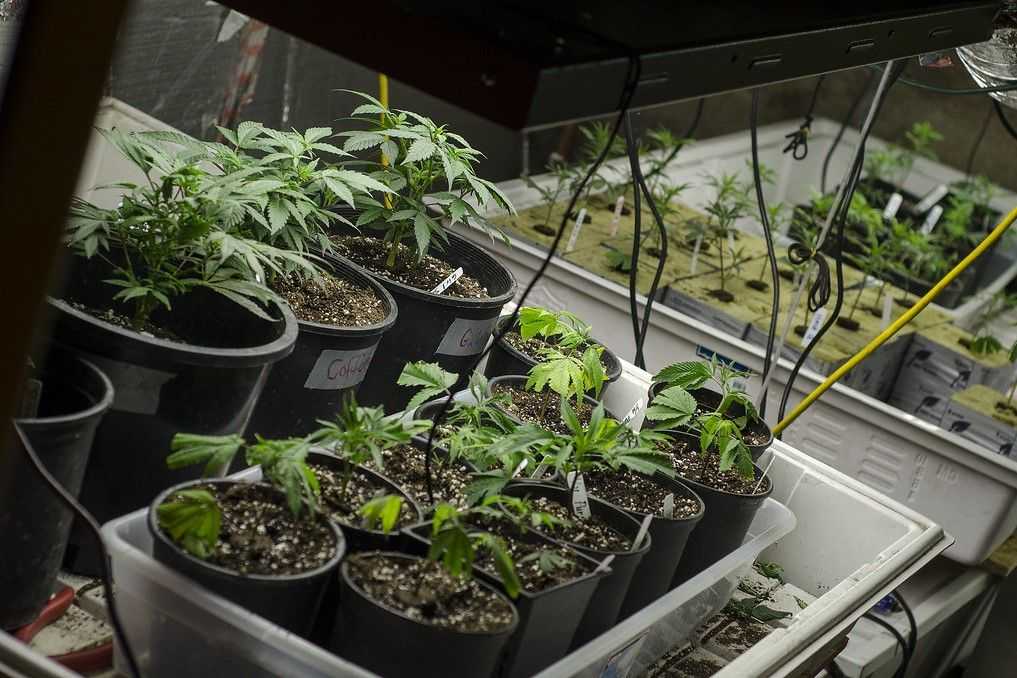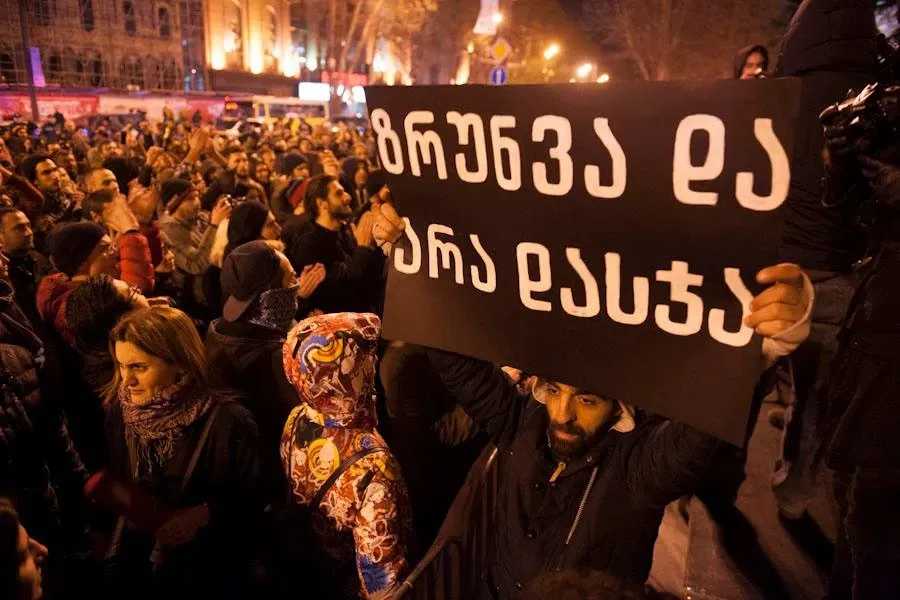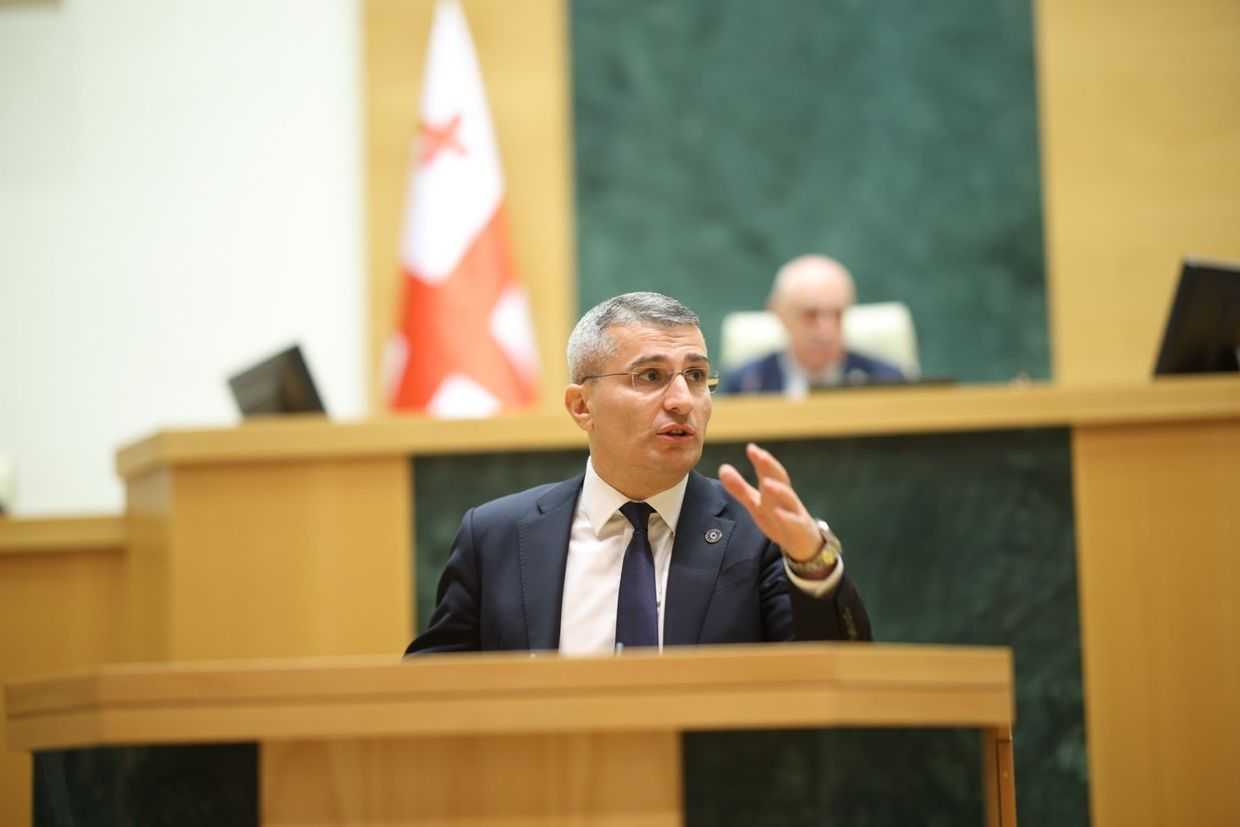
 Police arrested two Russian men, Dimitry, 43, and Vitaly, 37, on 24 May as they attempted to sell large quantities of drugs in Tbilisi.
Police arrested two Russian men, Dimitry, 43, and Vitaly, 37, on 24 May as they attempted to sell large quantities of drugs in Tbilisi.
Vitaly said during questioning that they came to Georgia on 7 May.
‘We came to one apartment. Pavel met us and told us that he had braught drugs from Russia and we had to distribute them to particular addresses’, Vitaly added.
According to the Ministry of Internal Affairs, police seized a number of illegal drugs while searching the men’s apartment, including designer drug ‘bio’, amphetamine, and MDMA.
‘The investigation established that the detainees sold various types of drugs through the internet. They received orders through the internet and distributed drugs in various districts of Tbilisi’, the ministry’s statement reads.
People in Georgia have recently began to report in social media receiving anonymous messages offering to sell them drugs. These offers are often sent to minors.
‘I got the drug commercial message on Viber. They offer all kinds of poison starting from ₾100 ($41). I hope someone from the [Ministry of Internal Affairs] also got the message and they will take care of it’, Irakli Topuria wrote on his Facebook page.
Megi Gelashvili, another Facebook user wrote that she thinks it is necessary to prevent this drug dealing by identifying the senders before they actually sell the drugs, and she fears that minors could easily be tempted with such messages.
The messages ask that payment be made online via QIWI — a Russian payment service. While investigating, the Public Broadcaster discovered that the dealers were also attempting to recruit others into the scheme.
Both of the men arrested on Wednesday have admitted their guilt. If convicted in court they could face jail terms of 7–20 years, or even life sentences.









